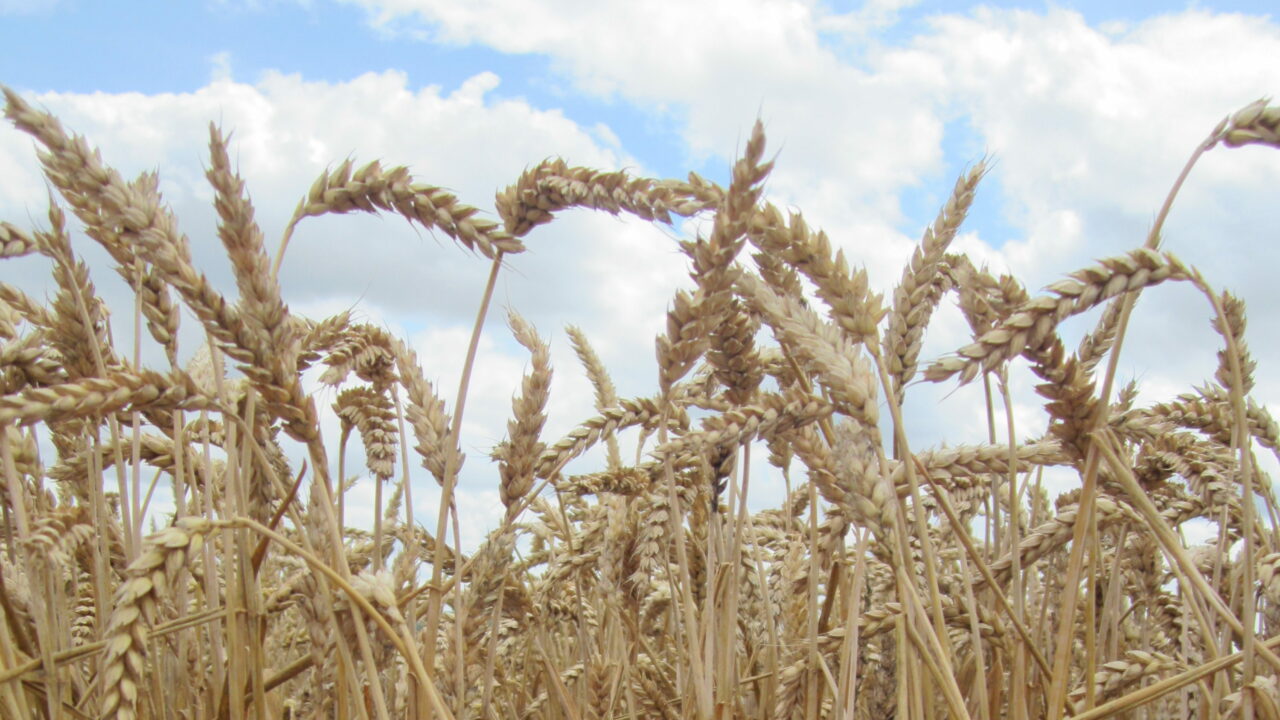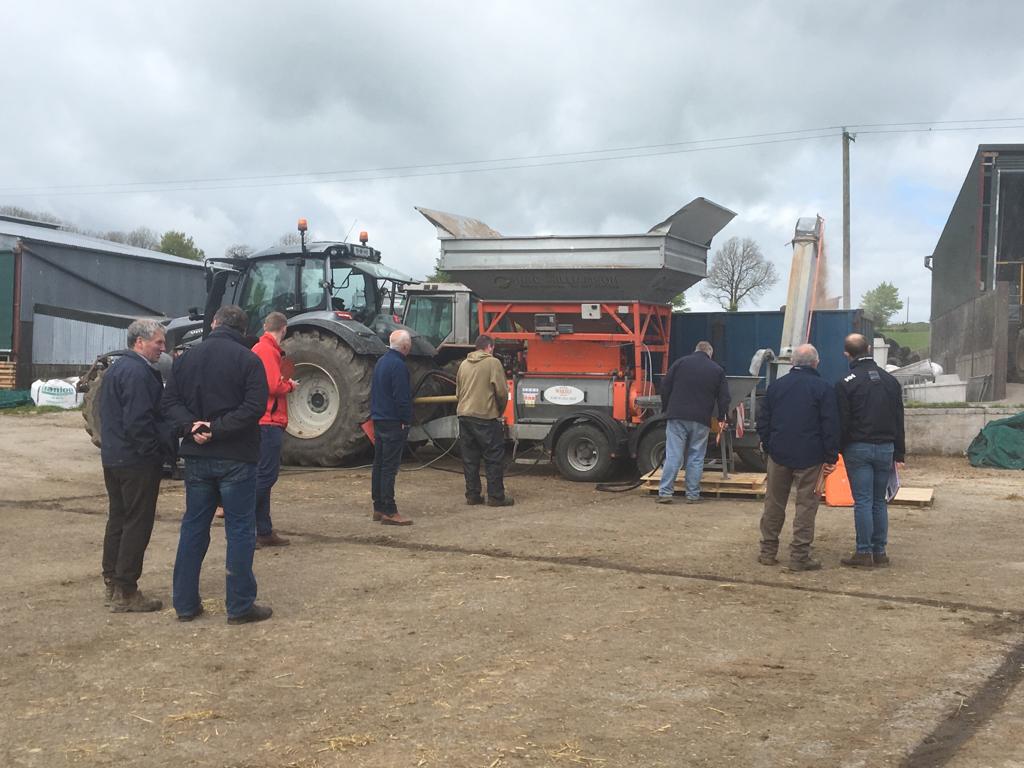Cereals including barley and wheat are excellent sources of energy for either fattening cattle or maximising milk production; however, feeding high levels of cereals increases the risk of acidosis in livestock.
The feeding of high levels of cereals in a diet must be managed carefully; feeding rates, mineral and buffer supplementation and the inclusion of a suitable source of fibre being very important.
In recent years there has been an increase in the practice of farmers keeping their barley or wheat at harvest.
XL Grain can be used to treat barley, wheat, oats and grain maize. It can be used on whole or rolled grain; however, the grain must be rolled to allow for safe feeding.
Whole or rolled cereals treated at optimum moisture of 16-20% must be stored under a polythene cover for a period of three weeks to allow for the treatment process to take place.
Once this process is complete the cover can be removed and the grain can be either fed (once rolled) or moved to another shed.
XL Grain offers significant flexibility as whole grain can be treated at harvest using a diet feeder and the grain can be rolled as needed during the season or a contractor could roll and treat the grain at harvest time.
Treating the grain
Whether treating whole or rolled grain, the application rate of XL Grain is one bag (20kg) per tonne of cereals. This is a much simpler process when compared to similar products on the market.
The application of 1 bag of XL Grain per tonne of cereals will increase the pH of the grain to a minimum pH of 8.5 – resulting in significant reduction in the risk of acidosis.
The application will also increase protein content of the grain by up to five percentage points – i.e. bringing barley from 10% to 15% protein content. This is beneficial because it reduces the need for bought-in proteins and also means there is less need for storage of these proteins on farm.
The combined effect of a higher protein, higher pH cereal is that a farmer can feed higher levels of a high starch, high-quality feed without the same risk of acidosis. This has significant effects for both finishing and milking diets.
In relation to finishing diets the effect is that you can increase the levels of starch in the diet at a faster rate which can result in reduced days to finishing.
In relation to milk production, sub-clinical acidosis (SARA) is a real issue for high-output dairy herds with levels of cereals in the diet.
Acidosis has many negative effects including reduced milk output and reduced solid production; which ultimately reduces profit. The inclusion of XL Grain has a significant positive effect on both.
Full service
Quinns of Baltinglass Ltd will be offering a full service to its customers in relation to the use of XL Grain this harvest.
- Grain rolling – Quinns will have contractors available across the Leinster area to roll your grain at or after harvest;
- Grain testing – Quinns can do both a pre and post-treatment analysis on your grain for protein, pH and starch;
- Nutrition advice – Quinns ruminant nutritionist can provide full advice and diet formulation to maximise production.
Quinns of Baltinglass Ltd recently held a demonstration on the farm of Henry and Clive Williamson, Stratford, Co. Wicklow, to launch a new product called XL Grain to the Irish market.
XL Grain is supplied by Vitalac in France and is an alkaline grain treatment product which can add significant value to your home grown cereals.
XL Grain raises both the pH and the protein of the grain allowing you to feed a higher protein product at higher levels without increasing the risk of acidosis in your beef and dairy stock.
Product summary:
- XL Grain increases cereal protein content by up to five percentage points;
- XL Grain increases the pH to a minimum of 8.5;
- XL Grain can be used to treat whole or rolled grain.
Further information
For further information on XL Grain please contact Quinns of Baltinglass Ltd on: 059-6481266; or just click here



